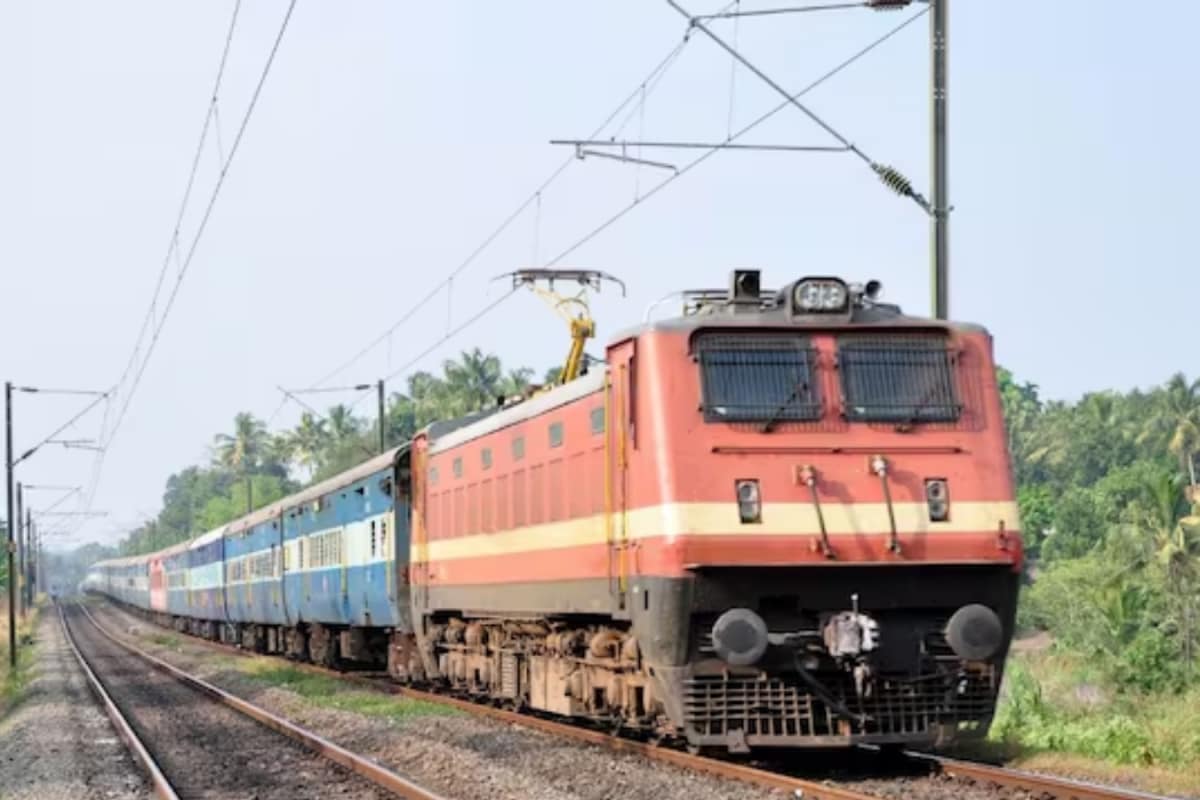

A family's missed train at Ghaziabad station due to a platform mix-up has resulted in the railway authorities being ordered to pay compensation. The district consumer forum in Ghaziabad has ruled that the failure to provide proper information regarding train schedules through public announcements constitutes a "deficiency of service" under the Consumer Protection Act.
In a recent case, Muradnagar resident Anubhav Prajapati, along with his wife Priyanka and their two children, missed the Chhattisgarh Express to Jhansi on February 29 of last year. The family had arrived at Ghaziabad railway station well in advance of the train's scheduled departure at 3:20 AM and waited in the first-class lounge. Following an announcement of a 40-minute delay, they proceeded to platform 3 at 3:25 AM. However, they found the Ayodhya Express stationed there for over 45 minutes. As time passed, there were no further announcements concerning their train.
Prajapati stated that he tried to approach the station master, but the room was locked. He also tweeted about the situation, tagging railway authorities, but did not receive a response. Around 6:00 AM, the family discovered that the Chhattisgarh Express had departed from platform number 2 while they were waiting on platform 3.
The railway authorities failed to provide a written explanation but argued through their counsel that a ticket refund could have been allowed if the train was running more than three hours behind schedule, which is a prerequisite for refunds under railway policy.
The consumer commission acknowledged that a refund could not be granted on technical grounds. However, the commission emphasized that the railway's failure to make proper announcements to inform the family about the arrival of the train was a significant oversight. The commission stated that since no evidence was presented to prove that a proper announcement was made, it would be treated as a deficiency of service that resulted in missing the train and caused mental harassment to the passengers. The commission directed the station superintendent, station master, divisional railway manager, and general manager of Northern Railway to pay the compensation within 45 days of the order.
The Supreme Court has also ruled that railways must compensate passengers for delays if they cannot prove the delay was due to reasons beyond their control. The court stated that citizens/passengers cannot be at the mercy of the authorities/administration. The ruling emphasized the need for accountability and improved systems within public transportation to compete with private players.
This ruling highlights the importance of clear and timely communication from railway authorities to passengers. It also underscores the railways' responsibility to ensure passengers are adequately informed about train schedules and platform changes. The lack of proper announcements can lead to significant inconvenience, distress, and financial losses for passengers, making it essential for railway authorities to prioritize effective communication. In cases where deficiencies in service occur, passengers have the right to seek compensation for the hardships endured.